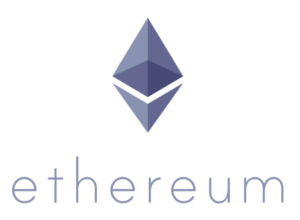$RTX $LMT $BTC
#Russia #Ukraine #Trump #Putin #Ceasefire #StockMarket #Geopolitics #Crypto #Oil #Defense #Investing #Markets
U.S. President Donald Trump and Russian President Vladimir Putin are preparing to engage in discussions regarding a proposed 30-day ceasefire in Ukraine. The diplomatic move aims to temporarily pause hostilities and explore potential resolutions to the ongoing conflict. Markets have been reacting to geopolitical tensions since the initial invasion, with defense stocks such as Raytheon Technologies ($RTX) and Lockheed Martin ($LMT) experiencing notable fluctuations in response to heightened military demand. A ceasefire agreement could lead to a readjustment in these stocks, especially if investors anticipate reduced defense spending in the near term. Meanwhile, oil prices, which have been volatile due to the war’s impact on global supply, may also see a shift based on the outcome of these discussions.
The crypto market, which has increasingly been influenced by geopolitical events, could also be impacted. Bitcoin ($BTC) and other major digital assets tend to act as alternative stores of value in times of high uncertainty. However, a potential ceasefire may reduce some risk-related demand for cryptocurrencies, prompting shifts in investor behavior. Additionally, Russia has previously explored crypto transactions to circumvent Western sanctions, and any progress in negotiations could further influence regulatory narratives around digital assets. If these discussions result in stronger diplomatic ties, regulatory pressure on certain crypto transactions could ease, while also tempering short-term refuge demand in digital assets.
From a broader macroeconomic perspective, any movement towards de-escalation may affect inflation expectations and central bank policies. The war in Ukraine has contributed heavily to rising energy prices, supply chain disruptions, and global food supply constraints. An official ceasefire could help stabilize key commodities, leading to potential declines in energy-related inflation. This would provide central banks with data-driven justification to slow down interest rate hikes or adopt a more dovish stance. Market participants, particularly in equities, may respond positively to reduced inflationary pressures, as this could support earnings growth and increase investor confidence. Fixed-income markets may also reflect this sentiment, with bond yields adjusting based on inflation and interest rate expectations.
Despite the potential market shifts, analysts remain cautious about any immediate and lasting impacts. Historically, geopolitical ceasefires have seen temporary relief rallies in equity markets, but sustained trends depend on the durability of the agreement. If Trump and Putin reach only a short-term truce without a long-term resolution, markets might see only incremental shifts rather than lasting stability. Additionally, military-related companies may continue to experience demand if governments remain uncertain about future escalations. Investors will be closely monitoring the outcome of these talks, as their implications could extend beyond geopolitics into financial markets, trade policies, and global economic growth.











Comments are closed.